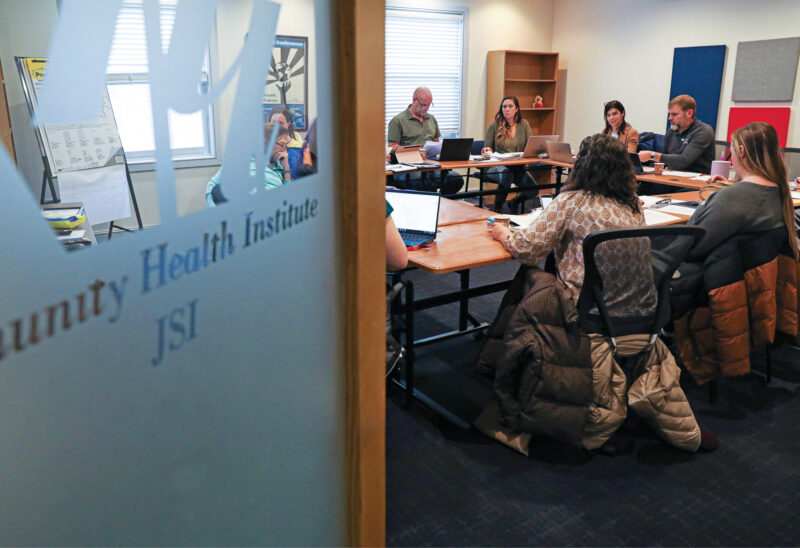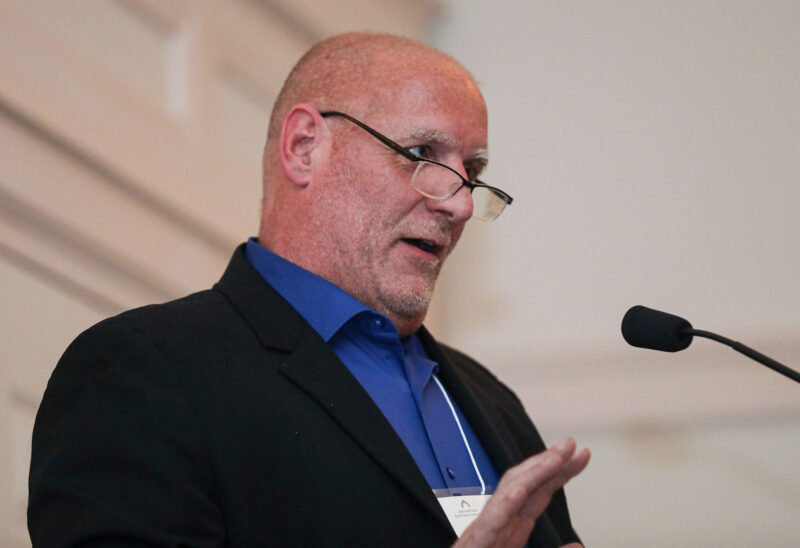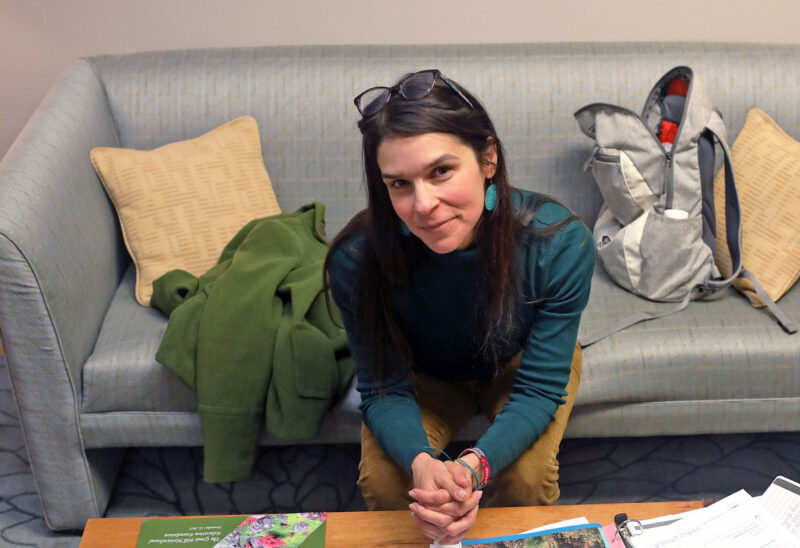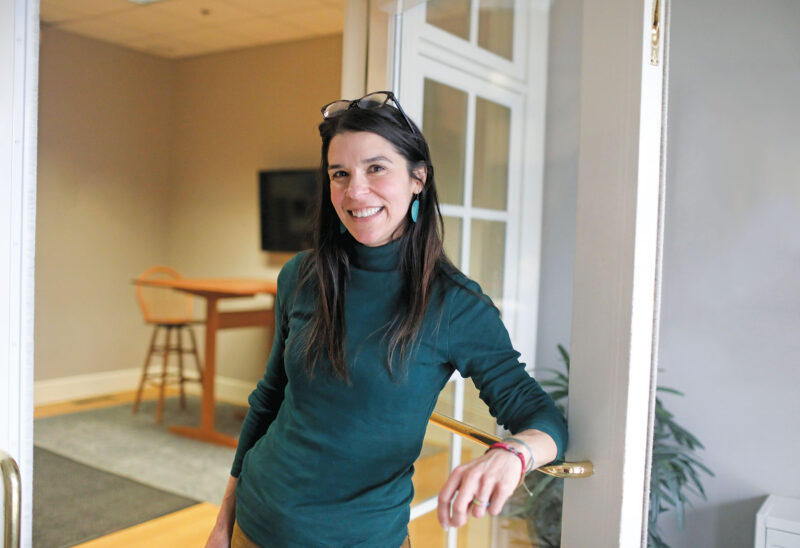The patient had come in for a routine visit.
She was asked a series of routine, clinical questions:
How often do you have a drink containing alcohol? … During the past year, how often have you found that you were not able to stop drinking once you started? …
She noted that she drank more than a liter of vodka every two days.
Before the woman (not pictured in photo) left the building, she had talked with psychologist Dr. Sandy Rose, and the next day had an appointment with a licensed drug and alcohol counselor.
The questions the woman was asked that day at Goodwin Community Health were part of a protocol known as “SBIRT” (screening, brief intervention and referral to treatment). Goodwin — with support from the New Hampshire Charitable Foundation’s Oliver J. and Dorothy Penniman Hubbard New Futures Fund — has piloted SBIRT for patients 18 and older.
“SBIRT changes lives,” Rose said. “By asking the right questions, in the right way, we accomplish three things: we show we care about our patients’ substance use, we tell them it is no different than other health behaviors, and we pave the way for creating new habits and attitudes that will last a lifetime.”
The successful pilot caught the attention of the Conrad N. Hilton Foundation, which made a $2.25 million grant to the Charitable Foundation to implement SBIRT across New Hampshire to screen youth and young adults.
A projected 10,000 young people will screened by 2017.
Early detection is critical: Most adults with substance use disorders began problem use as young people.
SBIRT will help adolescents and young adults identify — and avoid — behaviors that could lead to a lifetime of disease.
This story originally appeared in the Foundation’s 2013 Annual Report.

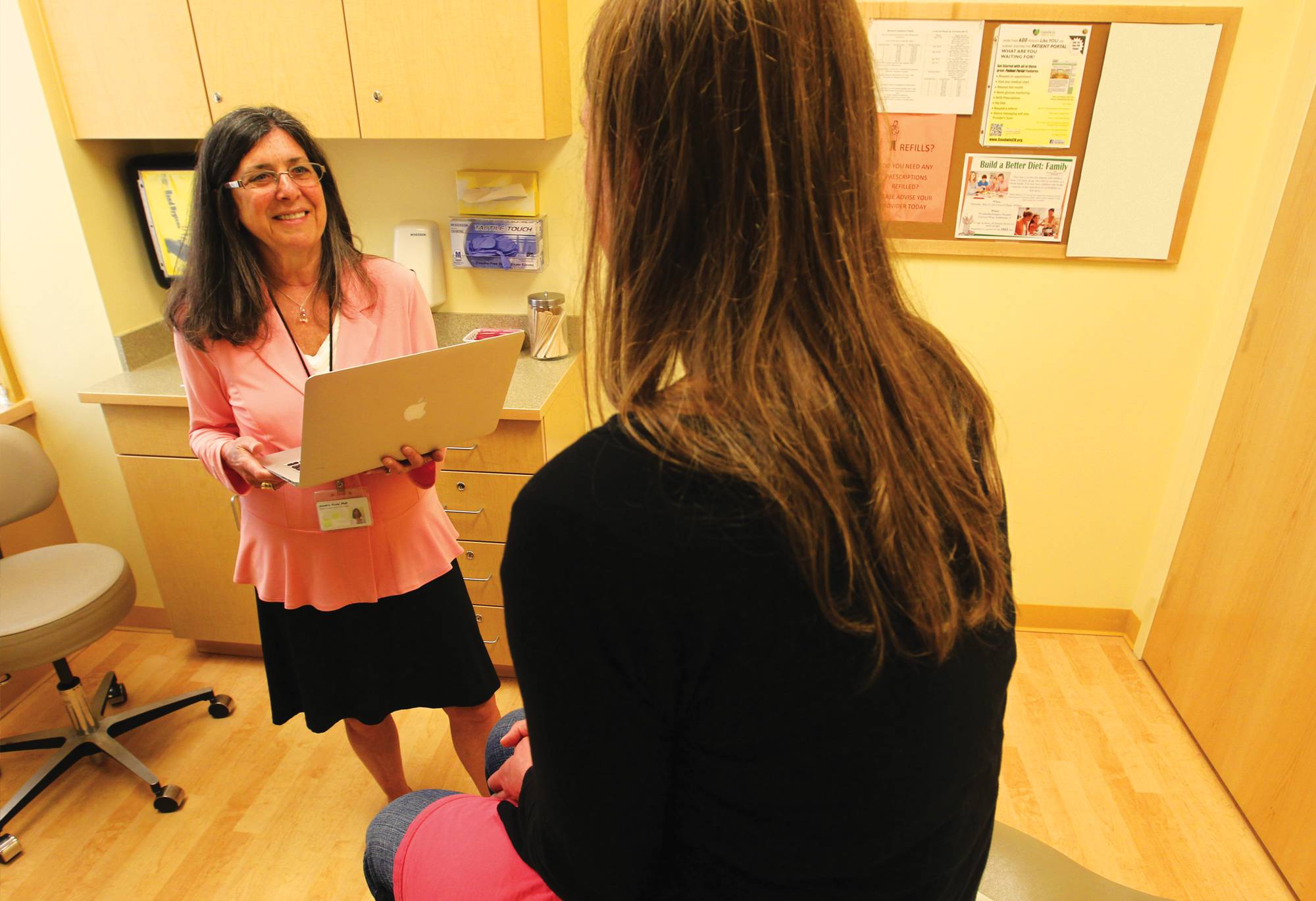






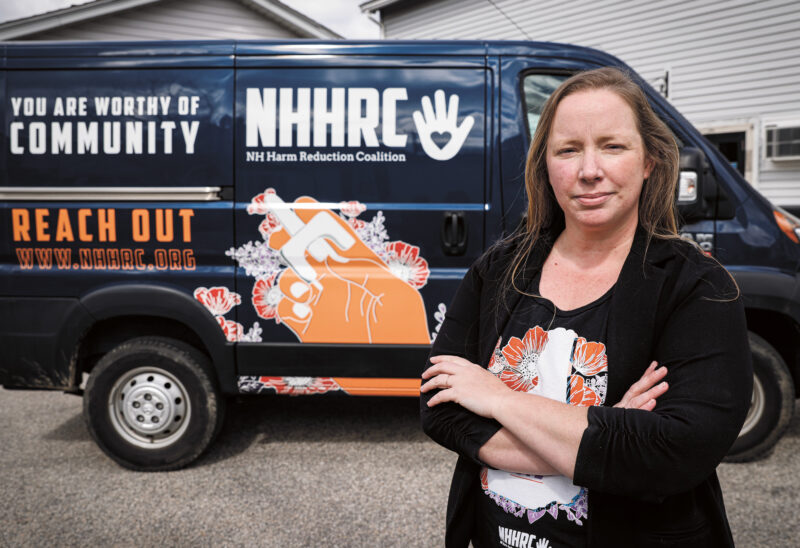
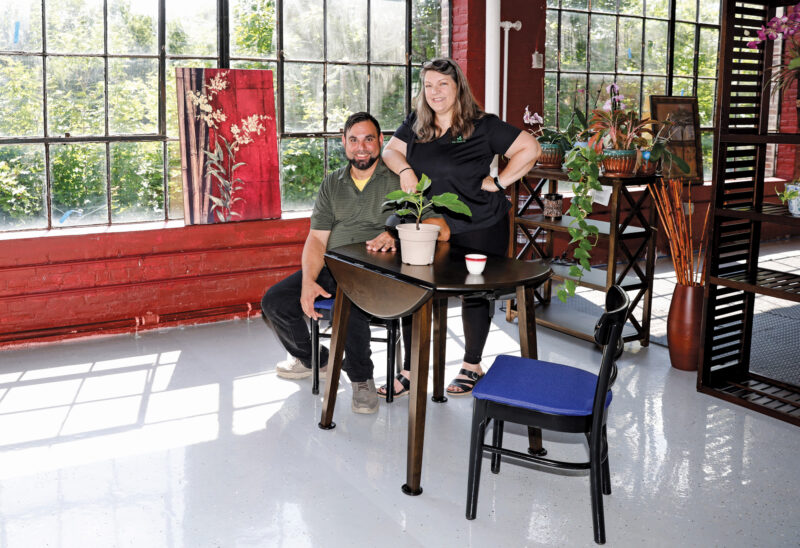
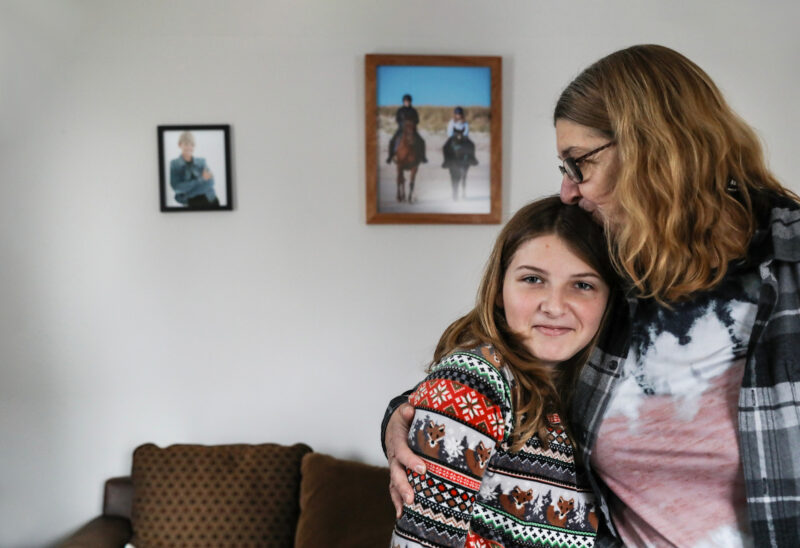

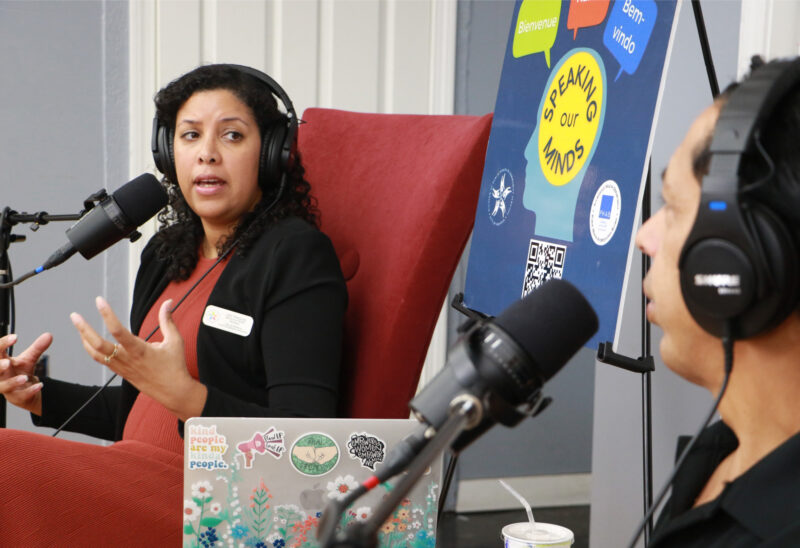
![Charitable Foundation President Dick Ober [Photo by Cheryl Senter]](https://www.nhcf.org/wp-content/uploads/2023/12/dick-ober-purpose-fall-winter-2023-800x548.jpg)
